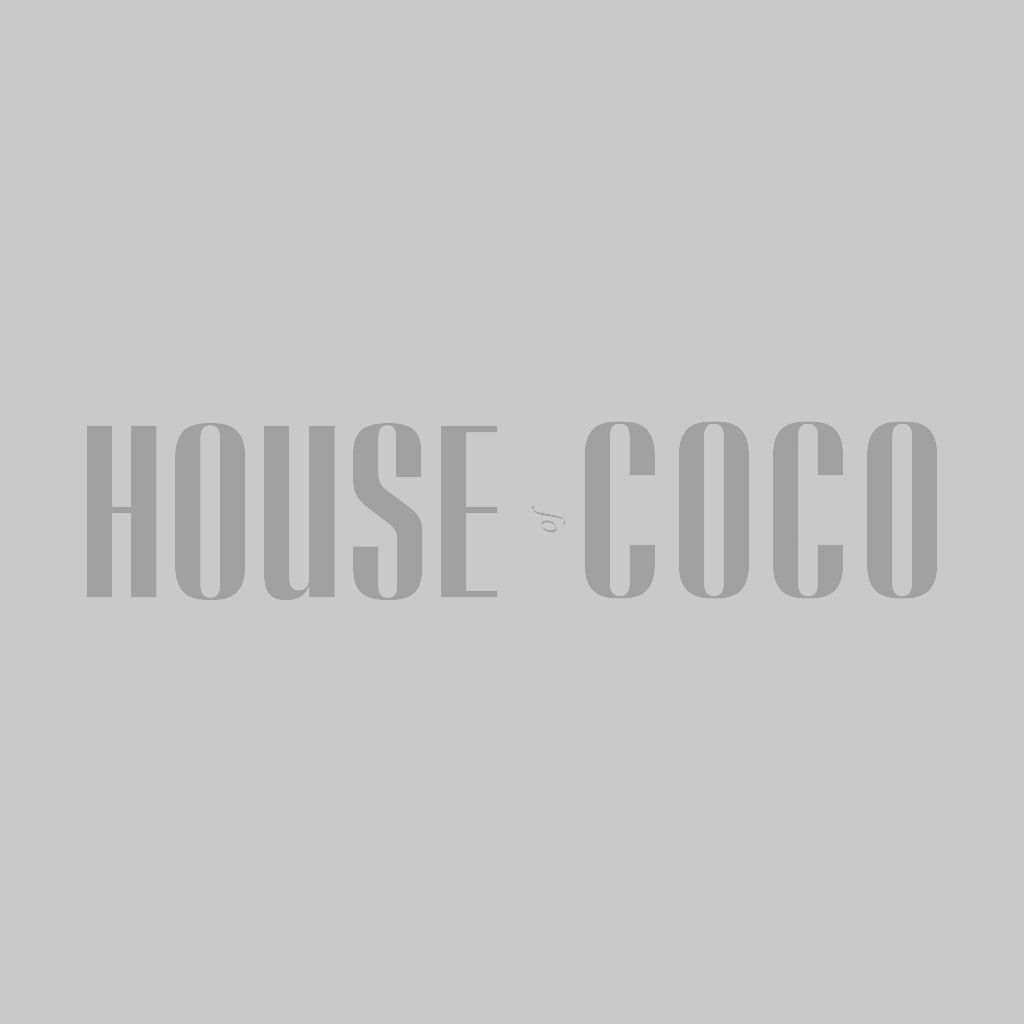You can’t deny the increase shops nationwide, with more chains and independent stores opening their doors. The selection and availability of one of the world’s most loved beverages has expanded massively in recent years, with ingredients and ways of offering the ‘coffee drinking experience’ becoming more innovative with every new creation.
But how has this changed the nations love of coffee? With a great focus on sustainability, organic sources, health-conscious options, and quirky flavours, we look at the rise in popularity of coffee beverages and which trends we can expect to become the standard in UK coffee shops of the future.
The coffee industry on an international scale
Across developed countries, coffee is one of the most consumed beverages. World coffee production for the 2017-18 period is estimated at around 158.78 million bags — an increase of 0.7% compared to 2016-17 — while coffee’s global market value is anticipated to see a 5.5% compound annual growth rate (CAGR). Looking at the industry from a UK perspective, the British Coffee Association claims that we drink around 95 million cups of coffee a day.
An insight to the cold-brew coffee
Cold coffee is expected to become a big hit here in Britain. Cold-brew is more than just ‘cold coffee’ — and it’s not iced coffee either. Cold-brew coffee is brewed with cold or room-temperature water over 12 to 24 hours. The reason it’s growing in popularity is because it often features a mellower, sweeter, more full-bodied taste with less acidity. More than that, it’s easily bottled and ideal for on-the-go coffee consumers, which makes it convenient for those who don’t have time in the morning to queue and order a hot option.
In 2017 in the United States, cold-brew coffee sales increased by an astonishing 80%. Considering that cold-brew coffee is also easier to brew in large batches, there’s no reason that coffee shops shouldn’t be on board.
An insight to nitrogen-infused coffee
Nitro-brew coffee is a type of cold-brew beverage served on tap and infused with nitrogen that delivers a creamy, ice-cold drink that has the look and texture of a pint of ale! Recently, Starbucks introduced it to its UK outlets after success in the United States and it’s highly probable that other chains and independent shops will follow suit.
The rise of ethical coffee
More people have taken a focus on sustainability and expect this from all of the companies they interact with — whether this is a fashion brand or a coffee shop.
Today, more brands are pledging to become eco-friendlier — from paper cups to fair trade products. Starbucks, for example, announced in March this year that it was launching a new gadget that would allow its coffee farmers to log key information regarding their practices.
“Over the next two years, we will look to demonstrate how technology and innovative data platforms can give coffee farmers even more financial empowerment. We’ll leverage an open-source approach to share what we learn with the rest of the world” commented Kevin Johnson, chief executive officer at Starbucks.
Millennials are influenced by ethical values and will buy from brands if they know that sustainable practices have been put in place and are overall, environmentally friendly. So, anticipate less plastic and more traceability when it comes to discovering where your coffee is sourced and how it got to your cup.
An insight to flat coffee
Believe it or not, 10% of orders in well-known coffee chains are for flat whites. Currently an emerging trend and set to become a regular entry on most coffee shops’ menu boards, drinks such as flat blacks and even flat mochas are gearing up to challenge the popularity of the flat white — so keep an eye out for it at your local cafe.
Street coffee
Over the recent years, we’ve witnessed an increase in pop-up street food locations — and the beverages served are one great aspect.
“Now a lot of people are leaving nine-to-five jobs in finance, tech and marketing. They see it as a low-risk way of setting up a restaurant without having to invest hundreds of thousands of pounds” commented the Head of Marketing at KERB Alison O’Reilly.
Considering the rising popularity of cold-brew coffee — suited to spring and summer — alongside hot-coffee options — ideal for autumn and winter; launching a coffee street food business offers the potential to be a lucrative, year-round venture. Evidently, we can expect major industry and product changes in the coffee sector — but considering its positive outlook, will it encounter competition from other beverage types?
Sources:
https://www.mordorintelligence.com/industry-reports/coffee-market
https://www.plantbasednews.org/post/uk-milk-alternative-sector-to-soar-by-43-by-2022
https://news.starbucks.com/news/starbucks-to-pilot-bean-to-cup-traceability
https://www.ft.com/content/a3f69e50-51c8-11e7-a1f2-db19572361bb
https://www.statista.com/statistics/779089/coffee-sales-growth-type/


Comments are closed.